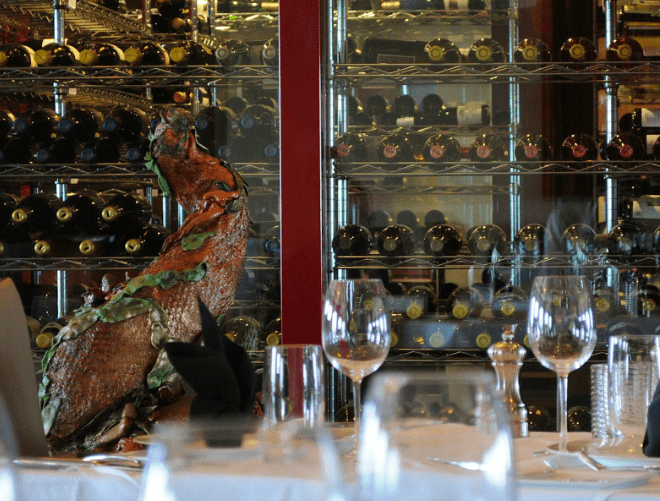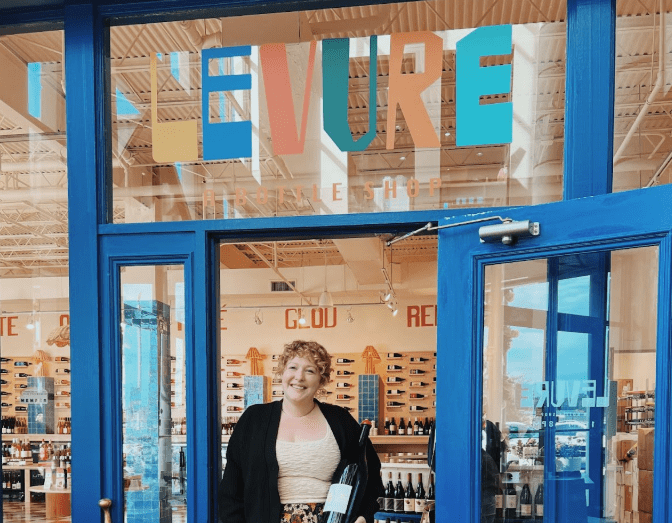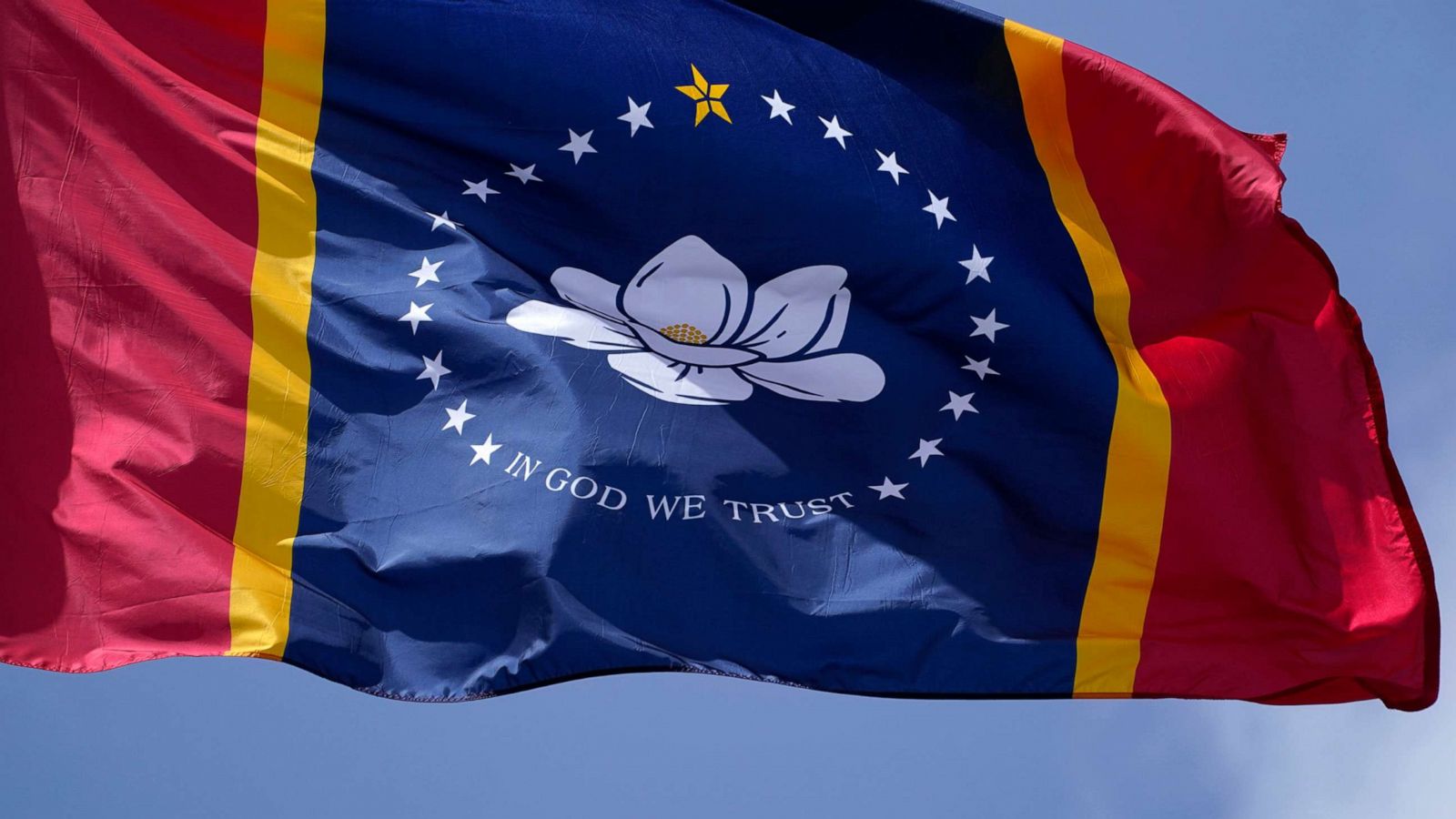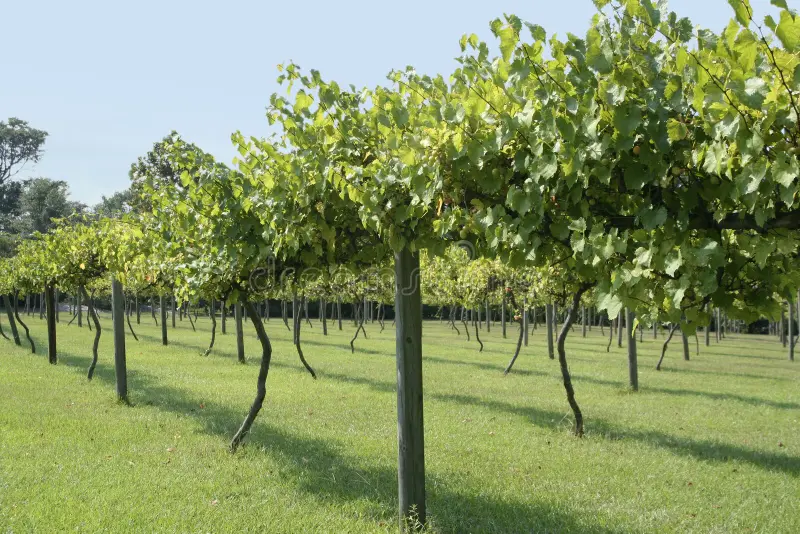
- The winery was a dream for the family from Greenville. It all came crashing down when a disgruntled former employee vandalized the winery.
When the Rushing family planned to plant a vineyard on 35 acres of land in Merigold, they had dreams of people ordering wine from Winery Rushing while seated in fancy restaurants. It was the mid-1970s and Sam Rushing, just 24 at the time, and his wife, Diane, along with Sam’s father, O.W. “Dutch” Rushing, had high hopes for the project they invested $25,000 to begin.
Sam and Diane became interested in grapes when they spent a year in West Germany, where wine growing was a way of life. Dutch also had an interest in grapes, traveling from California to New York to learn all he could. He even made a trip to France. They consulted with experts at Mississippi State and with folks from the Gallo wine company. Sam had a degree from MSU in agronomy, specializing in soils.
The winery was a dream for the family from Greenville. They established the Rushing Winery as the first commercial winery since prohibition. It was a fulltime job for the family. The location couldn’t have been better. They created the winery on 350 acres of land southeast of Marigold, overlooking the Sunflower River.
Eventually grapes were planted on 300 acres. The Rushings worked to have the first viticultural designation in Mississippi. The farming practices they used made them pioneers in sustainable agriculture.
It took three years for the vines to produce grapes, but they started production before that, importing grapes from North Carolina. An underground storage-fermentation tank was built, along with a bottling plant and office. The first wine to be released was a Muscadine grape quality table wine. Red wine has a longer fermentation period. The plan was to market the wine to restaurants and ship it to them in kegs.
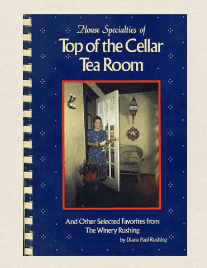
The winery did well, even hosting a wine and crawfish festival in the mid-1980s. It became a destination for many, who enjoyed tasting the wines and enjoying the Top of the Cellar Tea Room, famous for its delicious Delta cuisine. They even published a cookbook that is a collector’s item today. Both businesses were thriving by 1990, with eight national award-winning wines, a beautiful vineyard, and a successful restaurant.
Unfortunately, it all came crashing down that winter when a disgruntled former employee vandalized the winery. After nine months of terrorizing vengeance, the fired former employee opened the valves on several vats at Winery Rushing and 8,000 gallons of wine were released into the Sunflower River. It was a financial cost they could not recover, despite continuing to operate the restaurant in the tea room for income.
Diane and Sam licked their wounds before packing up and moving to Colorado in 1990. They started and ran Ouray Glassworks and Pottery for 26 years. Sam joined the Ouray Mountain Rescue Team and is still a member to this day. Diane taught English, psychology and journalism classes at Ouray School for twenty years.
Now both in their early 70s, Sam and Diane began going through boxes of newspaper clippings during the pandemic, recalling their life in the Delta. Diane began writing their story, and the result is a new book, The Delta in the Rearview Mirror, published by University Press of Mississippi. The book covers events from the time they planted their first grapevines in 1977 to the time they left Merigold in fear of their lives in 1990.

The story is one of resilience. The book has been described as “so southern and so Delta.” It includes love, crime, murder, and redemption. With thousands of copies sold, the book has been a big success.
A book tour through Mississippi in March included twenty events in 22 days. Diane did an interview with Jim Dees on Thacker Mountain Radio, a weekly live radio show out of Oxford. The book has been the “talk of the town” in towns all over the Delta, especially for those who remember the winery and tea room.
In her review of the book, author Ellen Ann Fentress (The Steps We Take: A Memoir of Southern Reckoning) says, “In her forthright telling of the rise and heartbreaking end of the Rushing family’s iconic winery and restaurant, Di Rushing gives us far more. Her story turns out to be an unblinking account of the Delta itself with all of its facets. Her family’s experience packs the Delta’s full history, which features not only the region’s agricultural fertility, creative imagination, and green vistas, but a tragic side as well. She writes about race and class and presents a chilling example of how resentment and violence can be handed down in one family with the ease that hope threads through another.”
